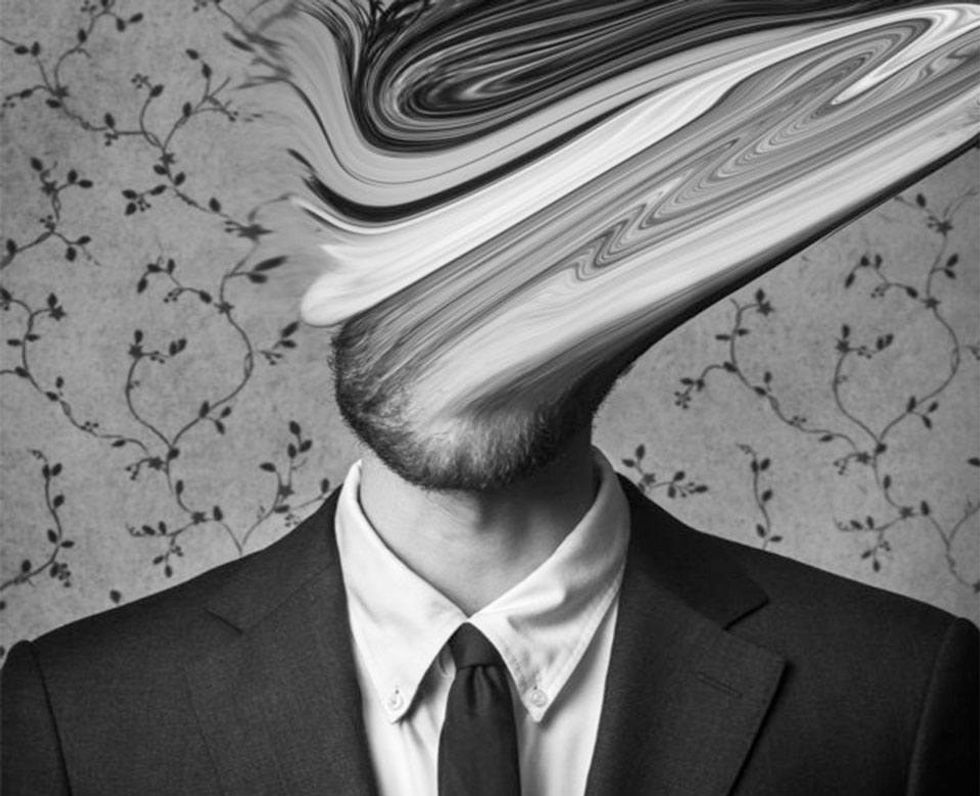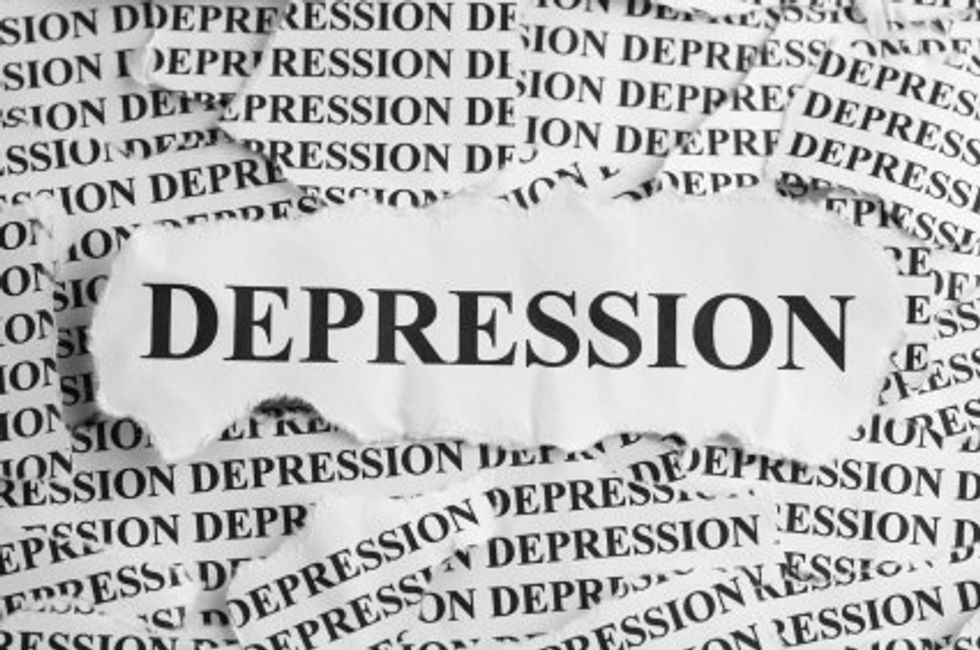As someone who studies mental health on a regular basis, I read a lot about anxiety and depression as well as other mood disorders.
Approximately 14.8 million American adults suffer from depression each year, and while that number grows stronger with each passing year, the conversation surrounding mental health seems to only grow weaker.
For a lot of cultures, talking about mental illness is something that doesn’t happen enough. As I have had conversations about mental health in the past with some of my closest friends who come from different backgrounds, particularly Asian American backgrounds, it is a common thread that their older relatives have a hard time believing that mental illness is real.
This is a very common belief; one that many adults struggle with as they find themselves while trying to take care of themselves on a mental level.
As our society has done an excellent job at making mental health a taboo subject, it is important that we put this way of thinking behind us and move forward with a healthier mindset.
I was 19 when I realized that I suffered from depression. However, it wasn’t until I was 22 years old that I admitted that I needed help. I spent a lot of time convincing myself that I could help myself without professional help. I also spent a lot of time believing that I was just sad and lazy. But what was going on with me internally was a lot more than just sad and lazy, and explaining that to other people was very hard for me to do.
As someone who loved to learn, I was finding myself missing handfuls of class during my first year of college. A lot of my time was spent in my bed or in my room with my friends, because I couldn’t stand the thought of being surrounded by too many people all the time. I was lucky to have the friends that I did (and still do to this day), because they never once complained. While my mother was convinced that I was just homesick, I knew that there was something much bigger going on.
I cried a lot. For no reason. And I would either hardly eat or eat everything in my path. My sleep schedule was screwed and my irritability was at an all-time high. These were symptoms I would begin to notice every year. I did a pretty good job of putting on the face of someone who had their shit together, until it was obvious that I was far from having my shit together.
I was forced to take a year and a half off from school eventually, because academically, my depression was ruining me. I had been on academic probation a handful of times, and I was no longer able to receive financial aid. As I recall that part of my life, I frequently tell people that this was the worst year and a half of my life. If I thought that what I had been enduring in college was my greatest low, I had seen nothing yet.
I forgot what it was like to function as a person, and when I tell people that it seems like that is a hard concept for them to understand. “You were able to skype for best friend for hours a day.” “But you stayed up until 5 in the morning every day.” “You just need to get a job so you can get out of the house.” All of these things that my family told me on a frequent basis, and I still couldn’t seem to help them understand that I just couldn’t do it.
Depression is that feeling you get in the morning when you first wake up after your alarm goes off. That warm feeling in your blankets that begs for you to just stay here for the day. It’s that feeling in your limbs that says you’re too tired to move, even though you’ve just slept for 15 hours and you swear you shouldn’t need anymore (but you do because you swear it only feels like you’ve gotten 3).
Having anxiety and depression? That cocktail is the best! Nothing beats an internal war over the guilt that you feel when you miss six classes in a row compared to the fucks that you don’t give for not sending out that email to your professors.
For years I thought that I was the only person going through these feelings because no one really liked to talk about it. I was lucky that some of my best friends also went through the same issues as I did. Without them I wouldn’t have survived every late night panic attack or every early morning self-loathing session.
We shouldn’t live in a society where our youth suicide rates sky rocket, while we continue to live in denial. The fact that there are an average of over 5,240 attempts by young people grades 7-12 in the U.S alone is a serious problem. Starting this conversation goes so much further than just asking someone if they are okay; it’s also about listening.
If you or someone else you know needs help, please call the National Suicide Prevention Hotline 1-800-273-8255.



























